Dubaj na tanieri za hranicami luxusu
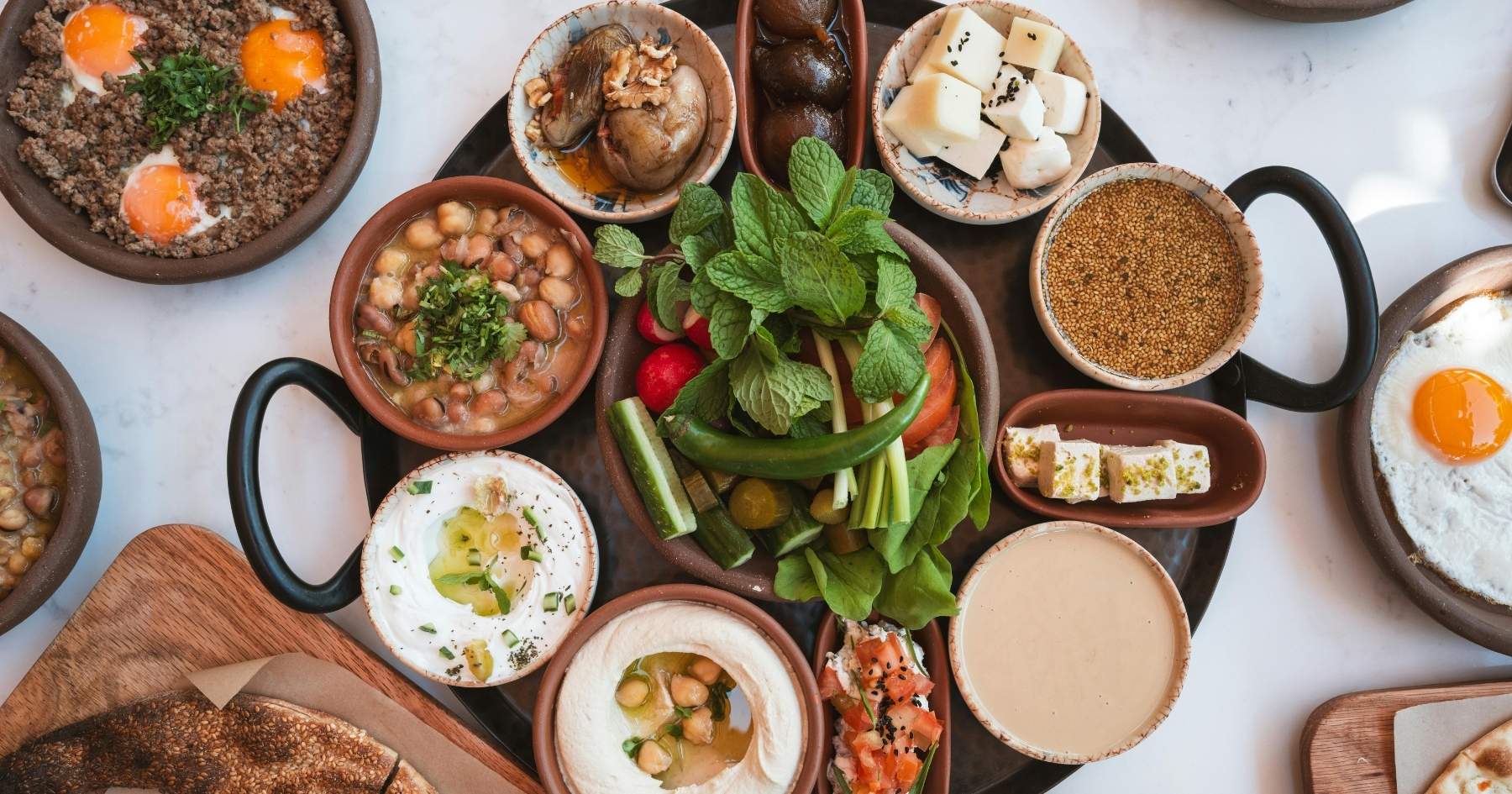
Culinary paradise of all cuisines of the world
Dubai has become literally a culinary paradise in recent decades, where tastes from all over the world meet. The city is a real multicultural cauldron with around 90% of the expat population living here people from more than 200 different countries. Thanks to this, you can find restaurants of almost every cuisine in the world, from authentic Indian and Lebanese bistros to luxurious French or Japanese establishments led by Michelin chefs. No wonder Dubai has earned a reputation as a gastronomic metropolis: the city boasts more than 13,000 restaurants. Whatever your appetite for food, you will get it in top quality in Dubai. This cosmopolitan mix has made Dubai the epicenter of gastronomy, where culinary influences from all over the world intertwine crosswise.
However, in addition to world cuisine, Dubai does not forget about its own roots. Behind the gilded desserts and modern fusion restaurants, the heart of traditional Emirati cuisine still beats here, reflecting the beginnings of the city. So let's take a look at the real Dubai food - the ones that were cooked by the grandmothers of the locals, long before Dubai flooded the international scene.
Traditional Dubai cuisine and its character
The local emirate cuisine grew out of the desert and sea conditions in which the indigenous people lived. The basis was the available raw materials: dates from trees in oases, cereals such as wheat, goat and camel meat, milk and dairy products from camels and goats, and, of course, fish and seafood for the inhabitants of the coast. The cooking was simple but nutritious - the meals had to be full after a long day at sea or in the desert. Seasonings brought by caravans (cinnamon, cardamom, saffron, etc.) gave even simple dishes an intoxicating aroma Orient.
Typical are hearty and communal dishes, from which whole families ate perched on the ground around a large bowl - hospitality and sharing food is still an important part of Emirati culture today
Common traditional dishes of the Emirates
Al Machboos
Spicy risotto with meat or fish, similar to biryani. Basmati rice is cooked with pieces of chicken, lamb or even fish, along with a mixture of aromatic spices and dried lemon loomi. The result is fragrant bulk risottofull of flavors, often considered the national dish of the Emirates. Machboos are traditionally served on a large platter for multiple people, often with yogurt or salad to refresh.
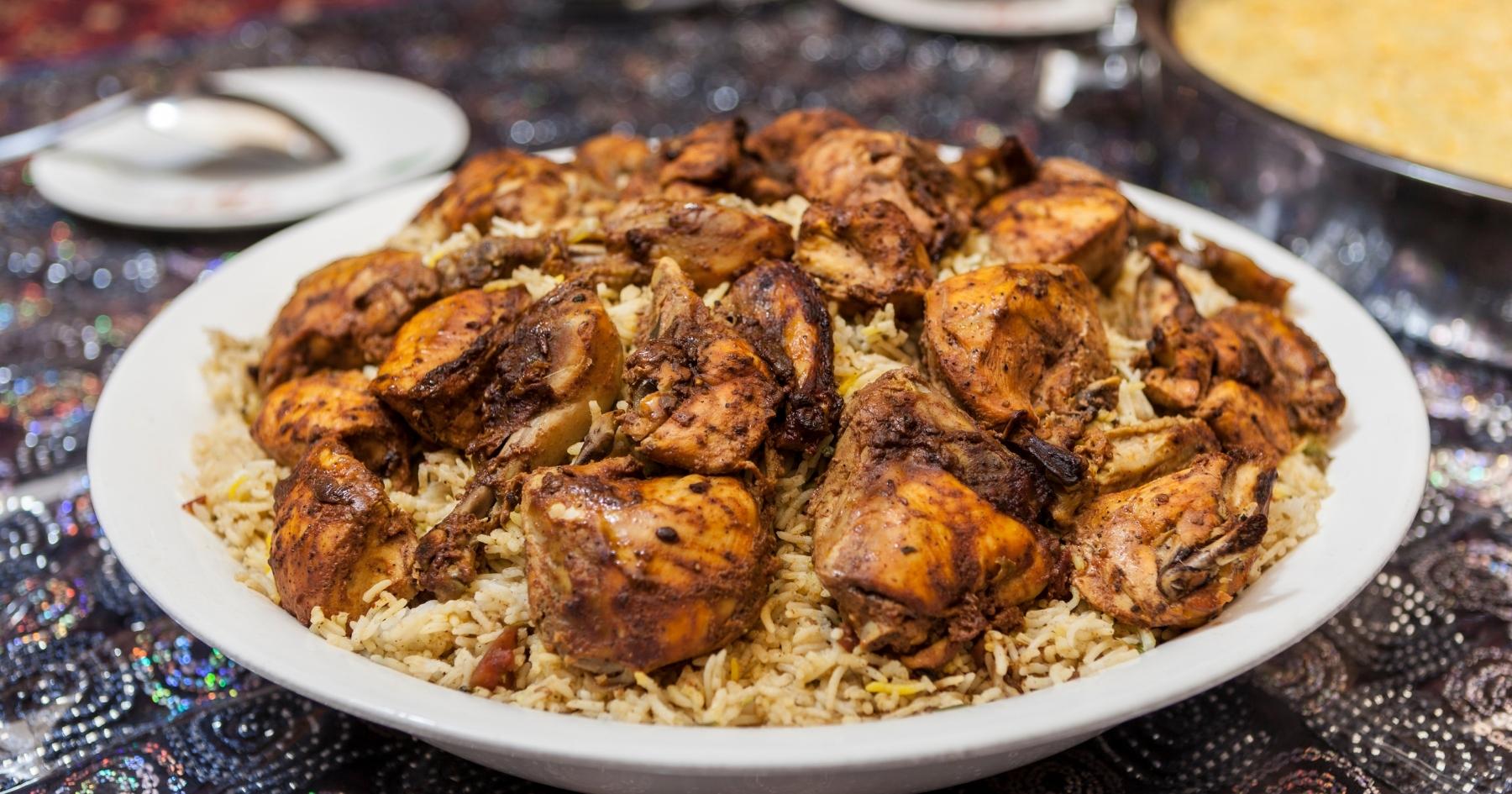
Al Harees
One of the oldest dishes of the region, wheat porridge with meat. Wheat grains (or semolina) are slowly cooked for hours with pieces of meat (usually lamb or chicken) until a thick, tender porridge is formed. The latter is seasoned with butter and cinnamon. Although it is a simple dish with a minimum of ingredients, it is extremely nutritious and popular especially during the holidays. He is even called”Ramadan food“, since it is one of the main courses during the fasting month of Ramadan.
Tharid
Thick meat and vegetable stew served on thin bread pancakes reggae. Imagine a plate on which there is a crispy pancake and on it a scoop of delicious stew of lamb or chicken, potatoes, pumpkin and other vegetables. The pancake soaks up all the juice and flavor of the stew - the result is a dish that satiates and warms. Tharid is one of the staples of local cuisine in the region and tradition says that it was also one of the Prophet Muhammad's favorite dishes. Even today, it is not lacking especially in family gatherings and during Ramadan.
Balaleet
Interesting sweet and savory breakfast popular in the Emirates. It consists of thin noodles (vermicelli) cooked sweet with sugar, saffron and cardamom, served with scrambled eggs (sweetened noodles + salty omelette on top). It is sprinkled with roasted onions and often seasoned with rose water or cinnamon. This unusual combination of sweet and salty works surprisingly well, and balaleet is one of the most beloved dishes especially during the holiday of Eid al-Fitr (end of Ramadan), when it is usually served in the morning as the first festive meal after fasting.
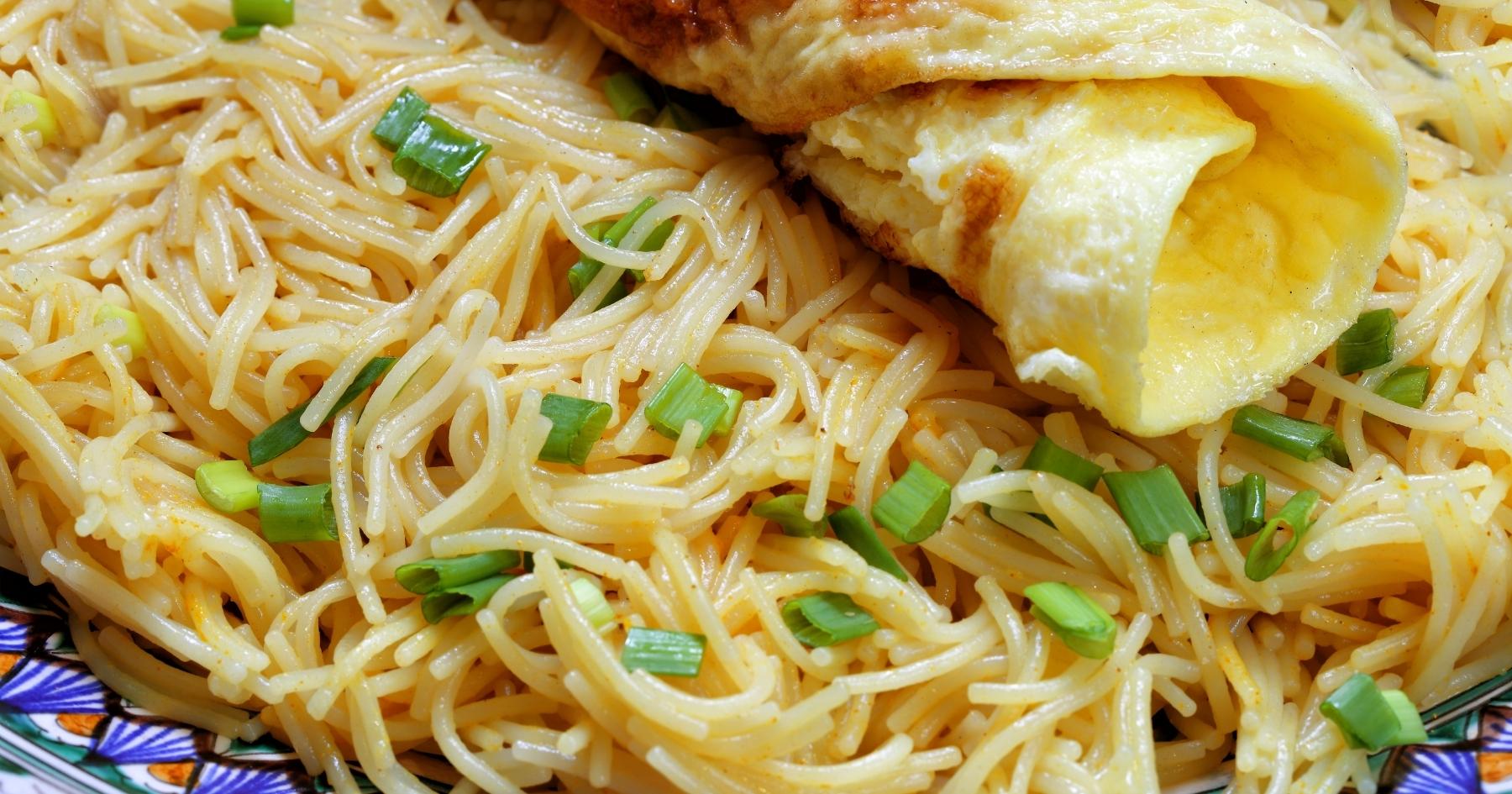
Luqaimat
If you like sweets, you will love these little fried donuts. Luqaimat are round juicy pampushkas made from sourdough, fried until golden brown and soaked in date syrup or honey. They have a crispy surface and a soft interior - simply irresistible. Traditionally, they are sprinkled with sesame seeds and served with tea. Especially during Ramadan, housewives prepare them in bulk as a dessert for iftar, and many families cannot imagine breaking the fast without them.
Of course, the calculation of traditional dishes is far from over. In Dubai, you could also meet other local delicacies such as chabab - small pancakes with saffron and cardamom, khameer - a sweet sourdough bread often with dates, saloona - a spicy vegetable-meat eintopf, samak mashwi - grilled fish with herbs popular on the coast, or even jasheed - spicy steamed shark meat as a reminder of the heritage of pearl hunters.
Royal feasts and exceptional specialities
In addition to the daily meals, the local cuisine also had its special delicacies for big celebrations— weddings, holidays and for visits by sheikhs. In these cases, no savings were made and whole feasts were served
Ouzi/Khuzi
ceremonial baked lamb or goat on rice. This feast consists of a whole fattened lamb (possibly goat) baked until tender, which is served laid on a huge bowl with spiced rice, raisins, nuts and hard-boiled eggs. Rice is seasoned with a mixture bzar(a traditional Emirati spice mix) and dried limes, which gives it a unique flavor. Ouzi belongs to The most popular festive dishesin the Emirates — you can find it on the menu of many restaurants and is not missing at weddings or parties during holidays.
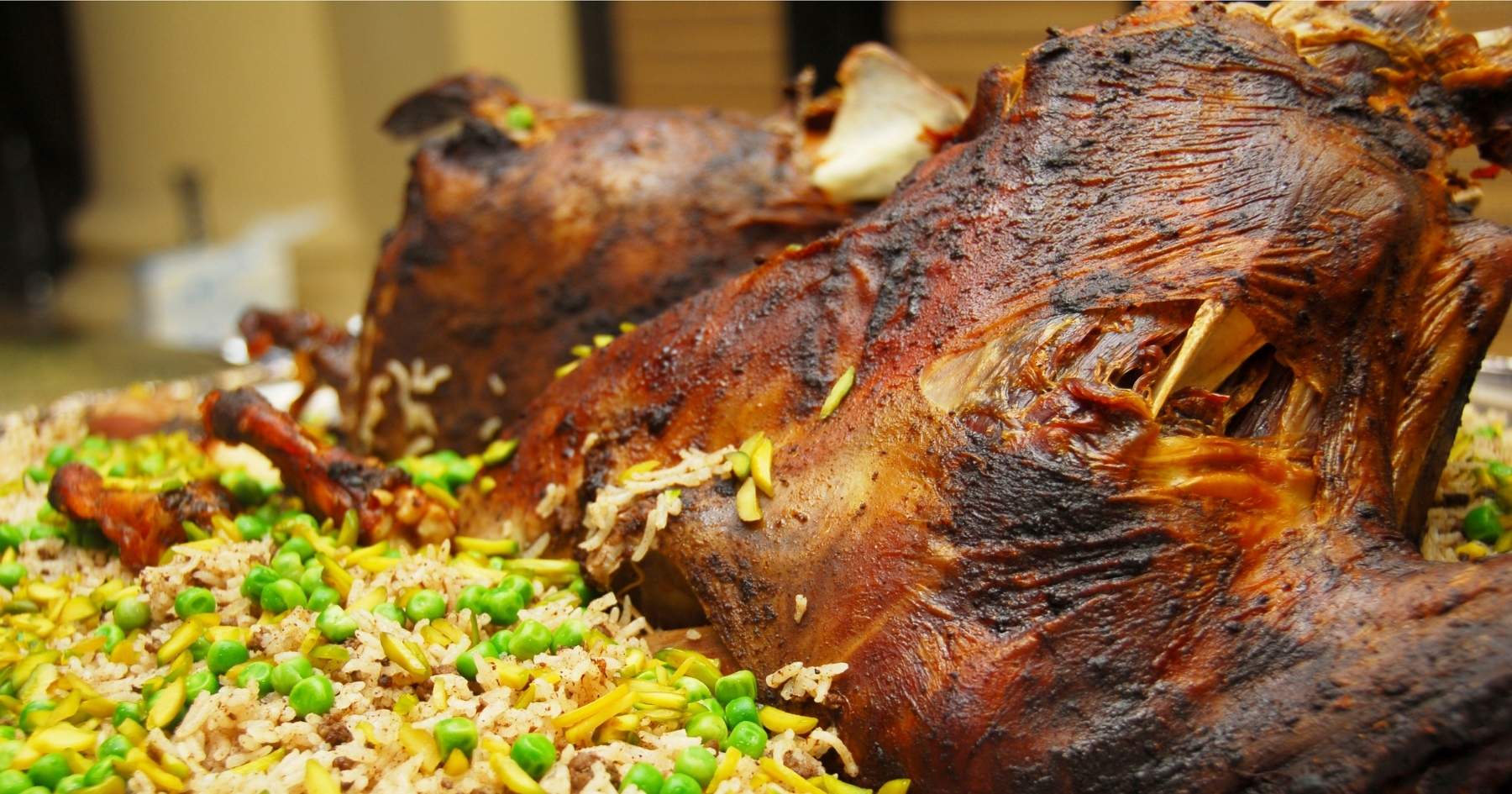
Stuffed camel
A legend among the dishes that illustrates the Arabian overflow. This is whole minced meat stuffed with other types of meat, rice and eggs. Although it sounds incredible, stuffed camelis actually mentioned as a traditional Bedouin specialty at large Bedouin weddings or feasts for sheikhs. According to records, it even earned a Guinness record as the largest food served in the world. The recipe is complex: the young camel is stuffed with whole baked sheep or goats, these are still stuffed with chicken, which can be stuffed with rice, eggs and often fish to take advantage of all the flavors. The result is gigantic roast which hosted hundreds of people. Today, you will meet the whole stuffed camel more in books or as an attraction at a festival, but it belongs to the interesting curiosities of Emirati cuisine.
Real Dubai camel milk chocolate
What an article about food in Dubai without mentioning camel milk chocolate! Yes, you hear that right - in Dubai, chocolate made not from cow's milk, but from camel milk, was created and became famous. This delicacy combines the Bedouin tradition of drinking camel milk with the European art of making chocolate, and the result is fascinating.
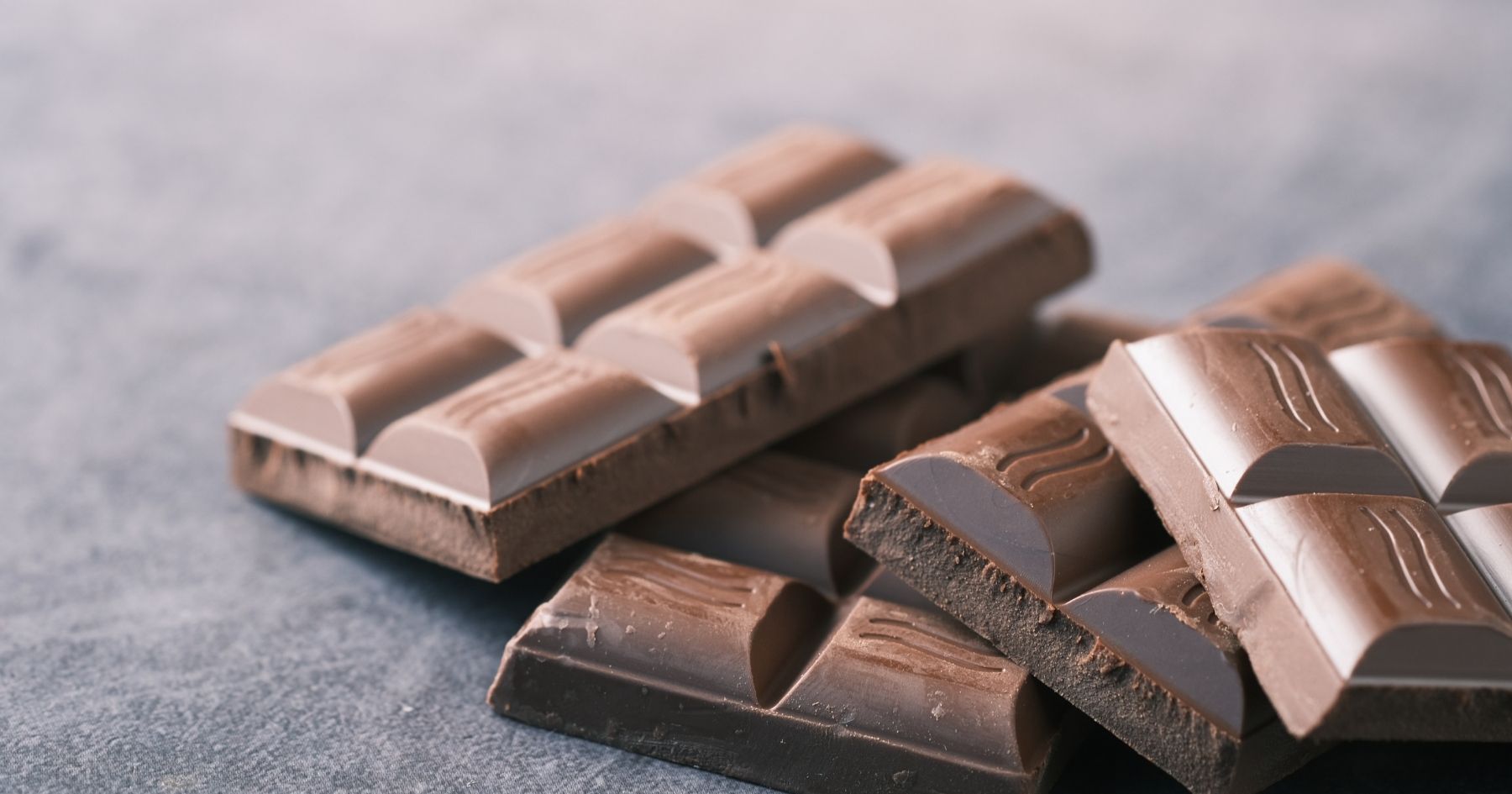
What is the difference from regular chocolate? Camel chocolate has a softer, slightly less sweet taste and a slightly salty undertone that gives it depth. Some gourmets say it's “the chocolate equivalent of artisan cheese” — simply a different experience, a bit luxurious and surprising.
Curiosities in conclusion
Dates for each way:Since date palms are one of the few traditional crops of the region, dates are not missing anywhere in Emirati cuisine. They are used as a natural sweetener in desserts (date syrup instead of sugar), eaten dried as a snack for coffee, stuffed with almonds or orange peel as a luxury treat and even fermented into vinegar or made into honey. Dubai firm Bateel became famous premium stuffed datesas a gourmet gift. While in Dubai, be sure to taste the varieties of dates - from the soft sweet Medjools to the little caramel Deglet Noor.
Fusion dishes:Various are also emerging in modern Dubai fusion of traditional flavors with foreign cuisines. For example, the favorites are sushi rolls with dates or camel meat, hamburgers in khameer arabic bread, whether luqaimat flavored ice cream. These concoctions of young chefs show that the Dubai gastro scene does not forget about heritage, but is not afraid of creativity either.
They will do their thing in Dubai. everybodyfood lovers. Whether you get a taste for Indian curry, authentic Levantine hummus, juicy steak from a celebrity chef, or homemade tharid from a local family, Dubai will not disappoint. Alongside skyscrapers and luxury shops, it's the food - from street stalls to royal feasts - that forms the soul of this fascinating city. And perhaps it is with a joint meal, where the best of the world is mixed with local traditional flavors, that you will best understand what makes Dubai so special. Bon Appétit, or in Arabic - sahtein!
Blog
Similar articles










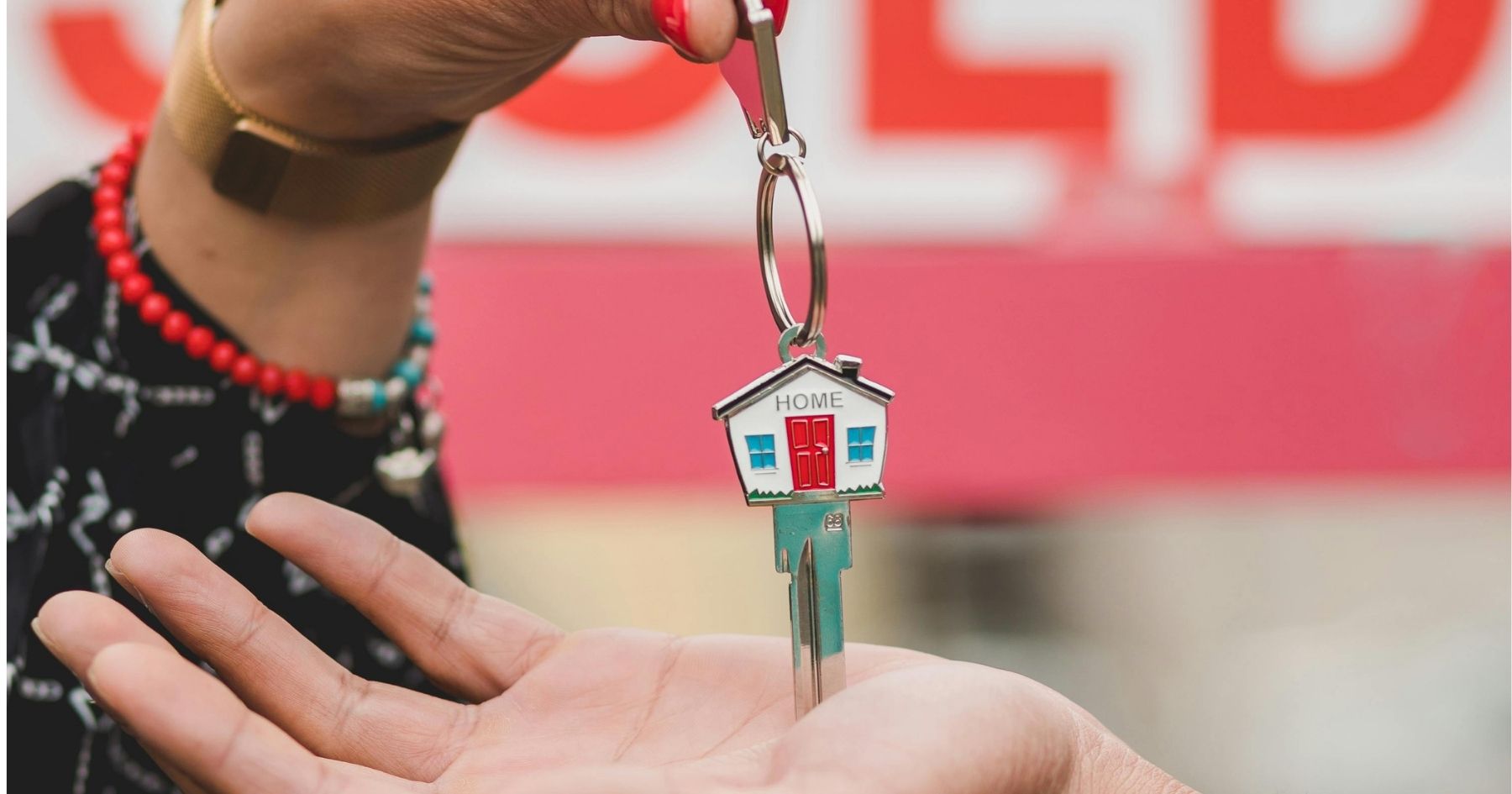
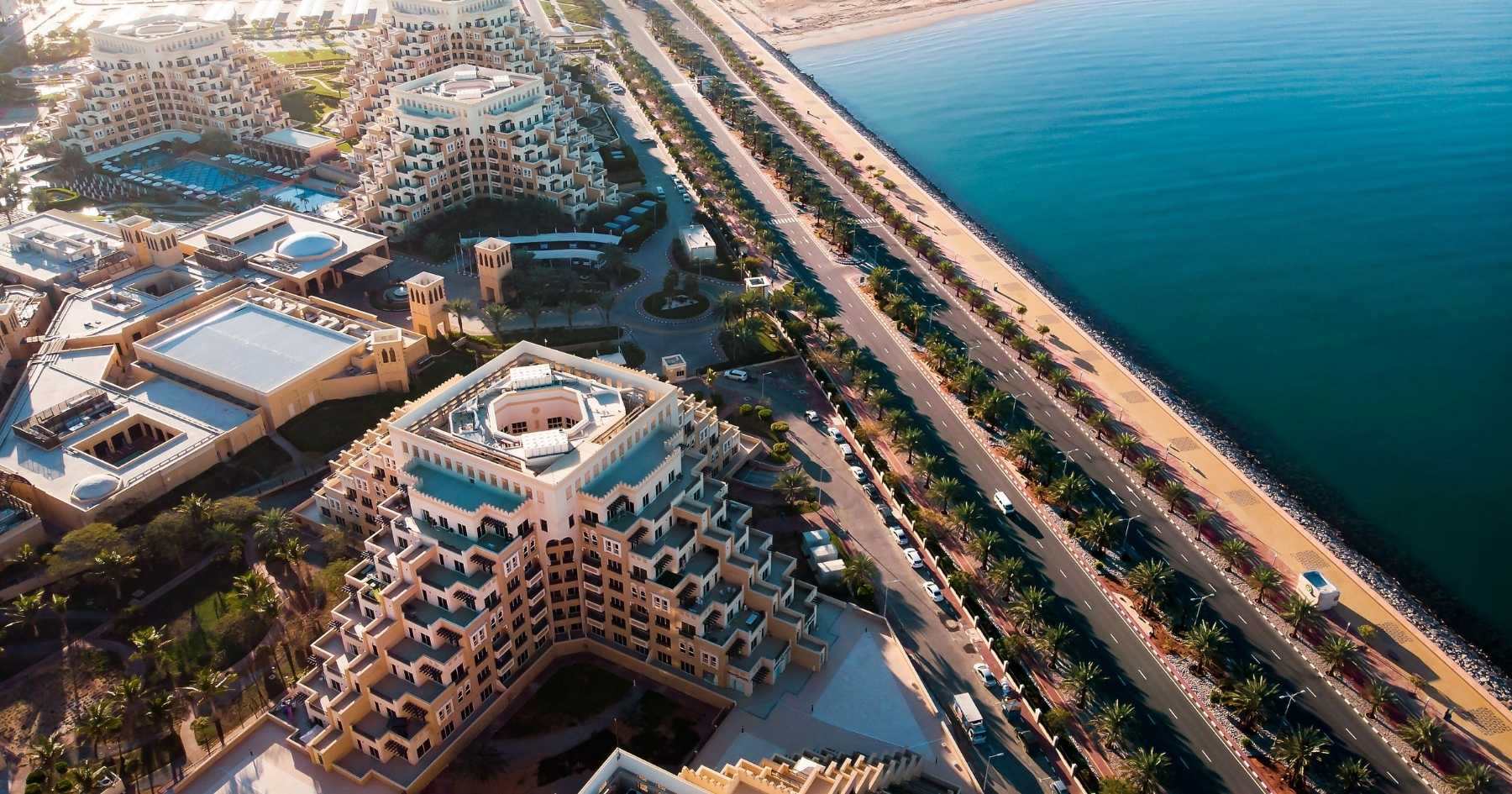



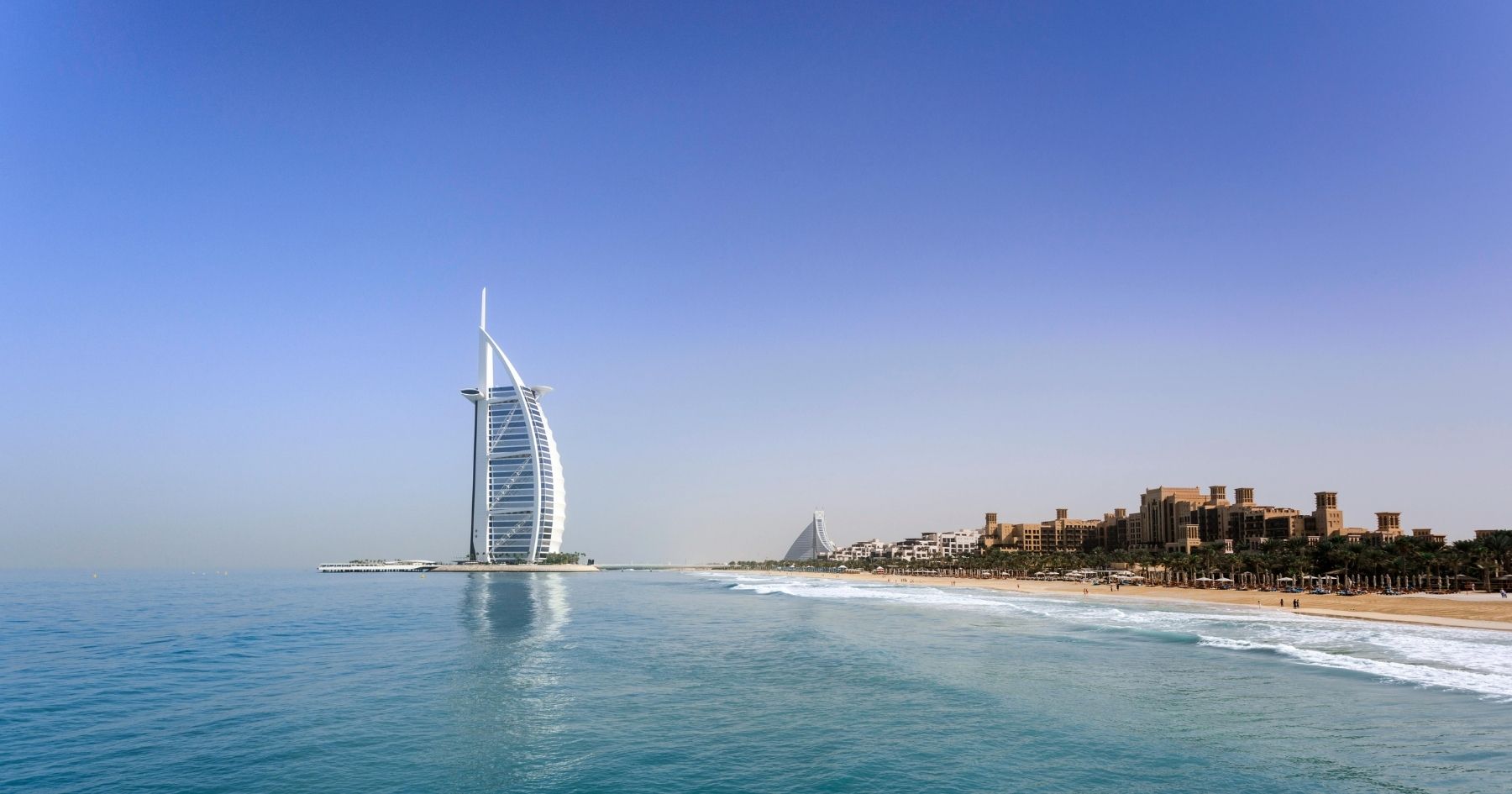

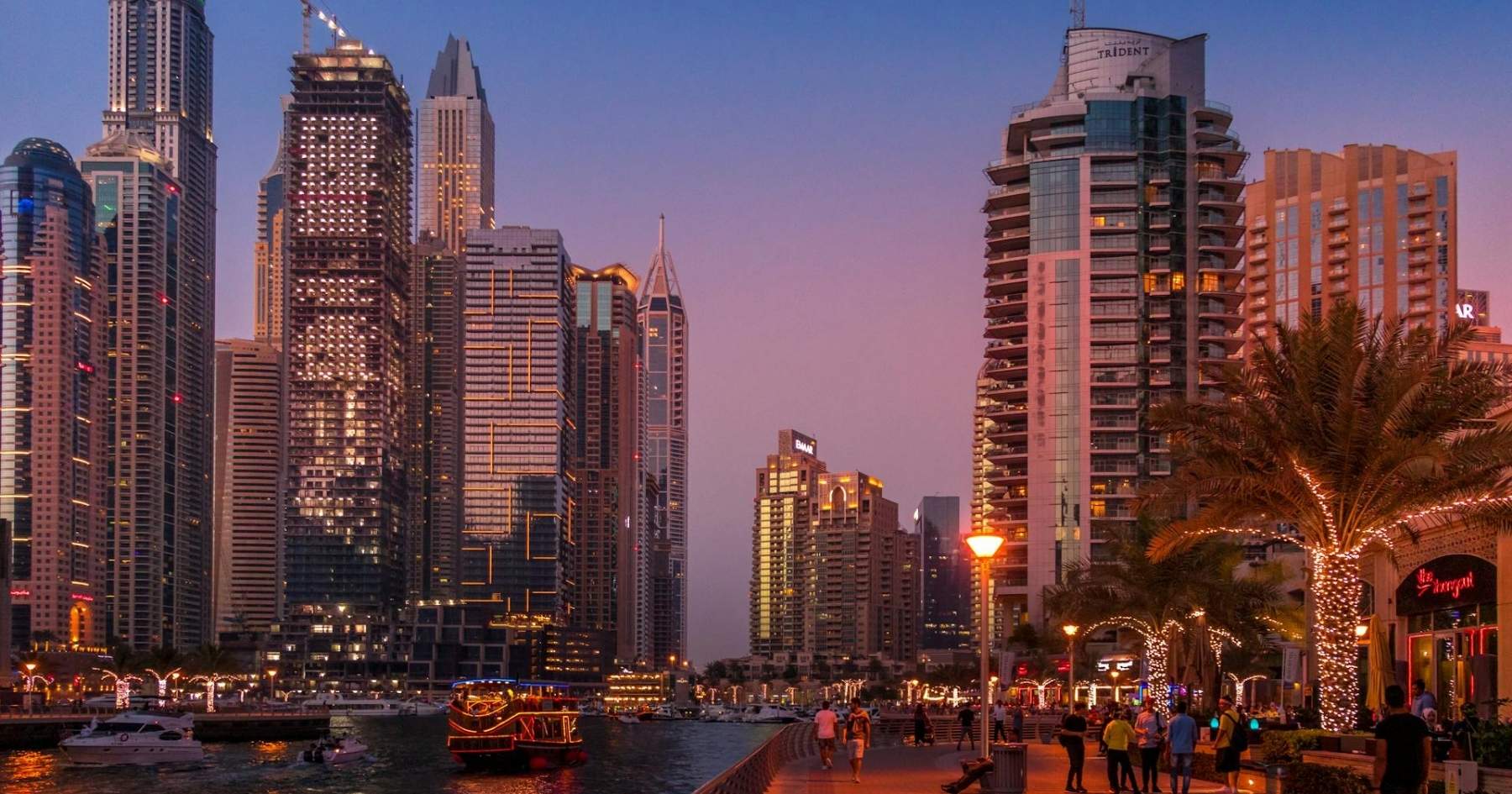





















.avif)


